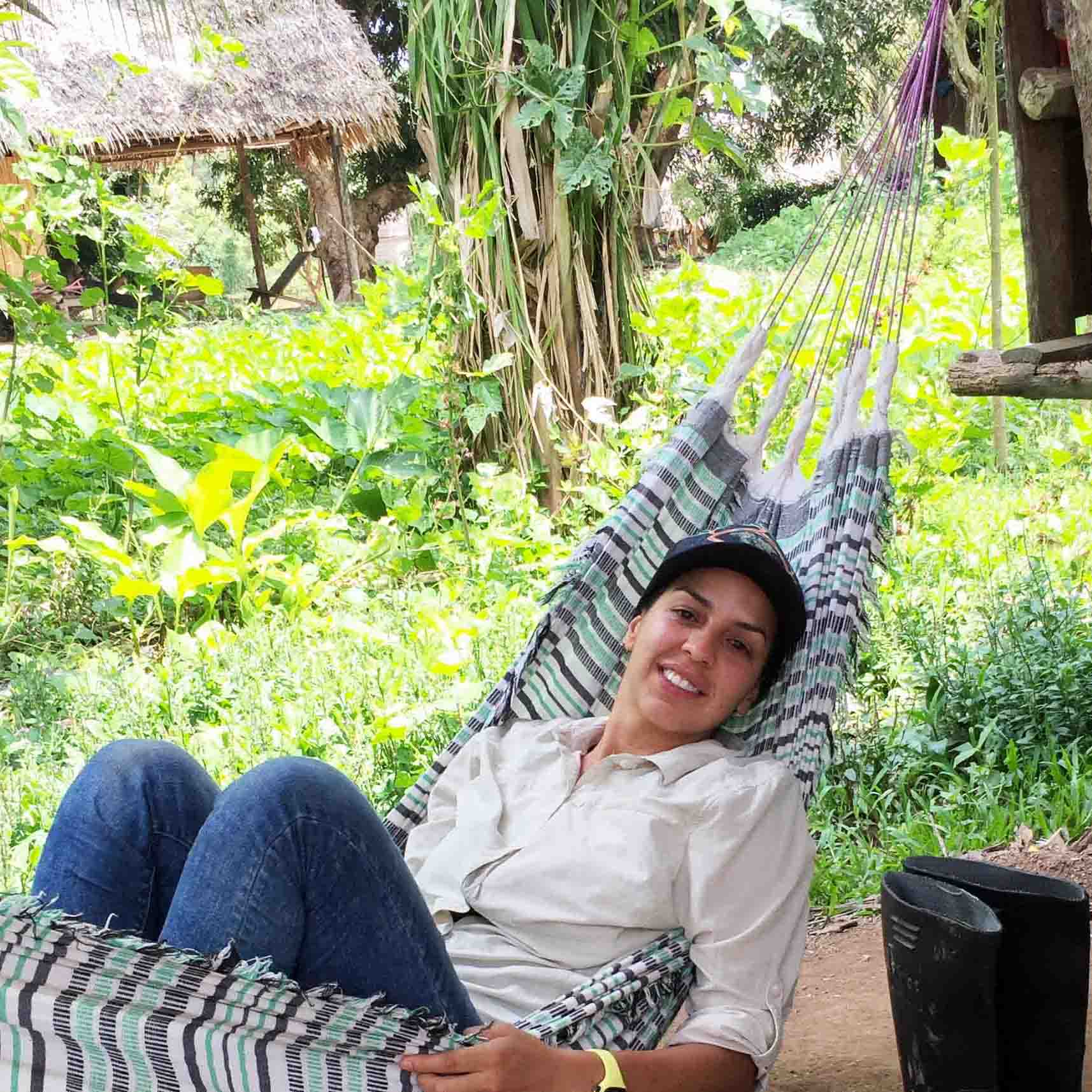Studying Communication for Social Change builds your capacity to understand and apply the different ways in which communication can be leveraged to bring about change in attitudes, behaviours and knowledge in individuals, communities and organisations.
The world is evolving and becoming increasingly complex with challenges characterised partly by the advancement in technologies and the high demand for wealth creation. At the same time, inequality is growing and new social challenges are constantly emerging in all countries, including wealthy and poor nations. Communication for Social Change (CSC), with its established theories, methods and practices for empowering people and facilitating equitable social transformation, is uniquely placed to provide in-depth understanding of these complexities in today’s world. You will analyse the ways in which ‘participation’ can make a difference in the planning, implementation and evaluation of change processes, the key role played by culture in social change, and contemporary uses of community media and ICTs in the facilitation of change.
The program is led and taught by Associate Professors Elske van de Fliert and Pradip Thomas with the support of guest lecturers who are world-leading academics in the field of communication, development practice and social change. The program combines theory and practice, with a focus on student-led learning approaches. You will participate in workshops, tutorials, seminars, individual and group discussions, project-based activities and practicum placements.
Students will develop a range of skills in theory and practice in the application of communication methods, media techniques, community media and ICTs, participatory facilitation and media production, and media reform movements to social change.

 “The diversity of the student body is embraced as an additional source of learning in the Communication for Social Change courses and exchange of perceptions and experiences is actively pursued. This instills an appreciation of the previously unknown and prepares students to function better in diverse and complex environments in the future.”
“The diversity of the student body is embraced as an additional source of learning in the Communication for Social Change courses and exchange of perceptions and experiences is actively pursued. This instills an appreciation of the previously unknown and prepares students to function better in diverse and complex environments in the future.” "My studies in Communication for Social Change have been tremendously beneficial to my work in many ways. In my studies I learned and practiced several communication tools that I can now use with vulnerable communities in Peru. I also have the resources to provide training that is uniquely designed for a specific community – taking into consideration their beliefs, traditions, behaviors and social complexities. Additionally, I formed great connections with professors at UQ who are still mentors I stay in touch with."
"My studies in Communication for Social Change have been tremendously beneficial to my work in many ways. In my studies I learned and practiced several communication tools that I can now use with vulnerable communities in Peru. I also have the resources to provide training that is uniquely designed for a specific community – taking into consideration their beliefs, traditions, behaviors and social complexities. Additionally, I formed great connections with professors at UQ who are still mentors I stay in touch with." "I have been academically challenged of course and hopefully have grown in that regard. I have also really enjoyed the hands-on practice of participatory media production, where we were lucky enough to collaborate twice with Pasifika youth in Brisbane and designing both a communication portfolio for a writing course and a communication campaign for a non -profit."
"I have been academically challenged of course and hopefully have grown in that regard. I have also really enjoyed the hands-on practice of participatory media production, where we were lucky enough to collaborate twice with Pasifika youth in Brisbane and designing both a communication portfolio for a writing course and a communication campaign for a non -profit."